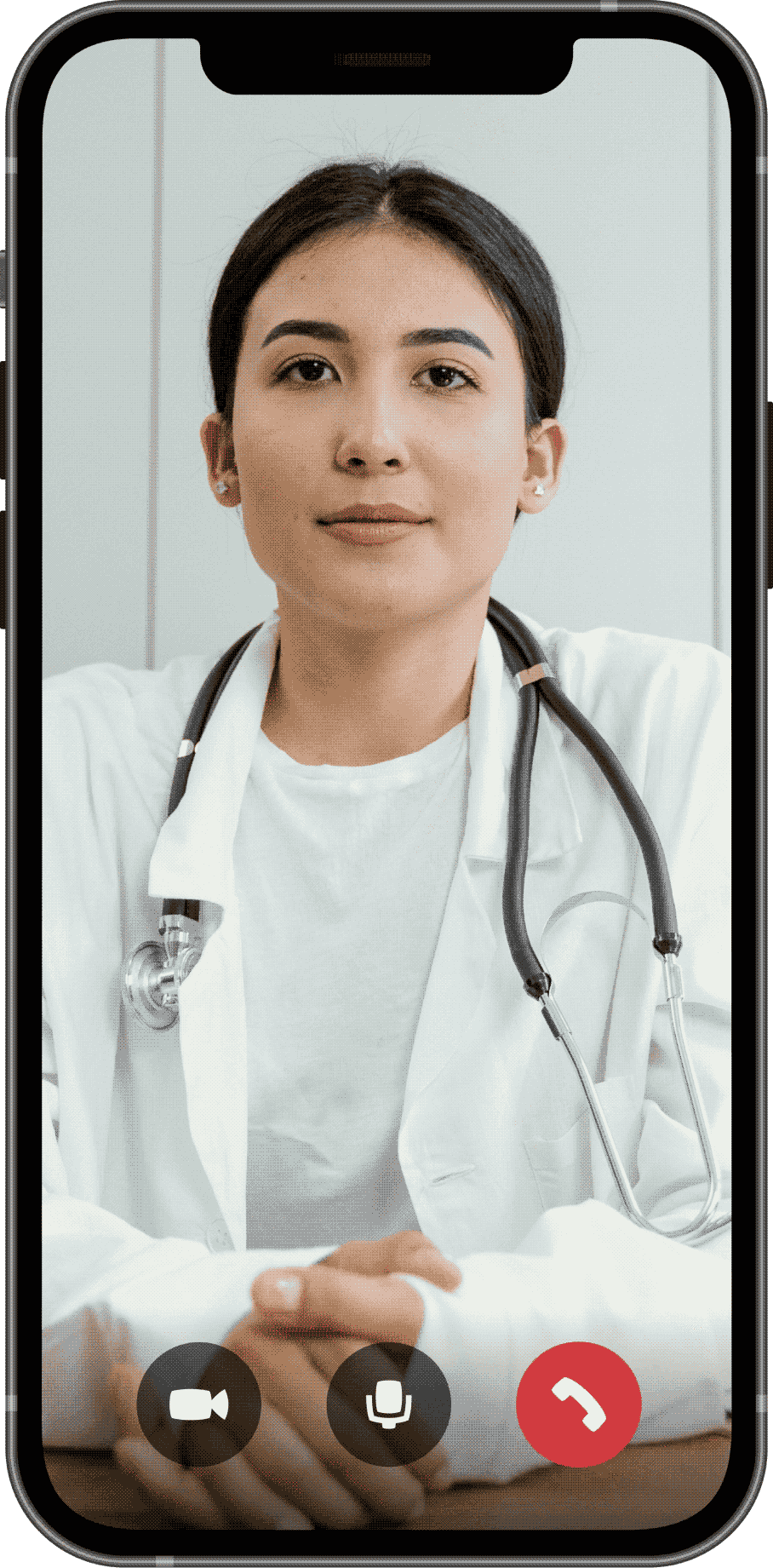|
Read time: 5 min
|
Posted on:
Read time: 5 min
Posted on:




As an energy supplier, it should come as no surprise that energy drinks contain caffeine. Yet while many people rely on energy drinks to get through their day or power through a workout, can energy drinks cause UTIs?
The answer is no! However, while energy drinks do not cause UTIs, their caffeine content can increase your risk of getting a UTI and may worsen UTI symptoms. Continue reading to explore this relationship further.
Key Takeaways:
While energy drinks do not cause UTIs, they may increase your risk of developing them. This is because of the caffeine in energy drinks, which can irritate the lining of your bladder. When this lining is irritated, it can be more susceptible to infection.
It is believed that caffeine irritates the urinary tract by increasing salt levels in your urine, disrupting the bladder’s lining. This irritation then makes it easier for the bacteria that cause UTIs to infect the urinary tract.
Furthermore, it’s suggested that drinking caffeinated beverages, such as energy drinks, while you have a UTI can make your symptoms worse. One reason for this is that the more caffeine you drink, the more you need to urinate. Since UTIs are often accompanied by painful urination, this increased need to urinate can be unpleasant.
Other studies have shown that caffeine can worsen lower urinary tract symptoms (LUTS) in women and men.
The following tips can help you lower your risk of a UTI.
When it comes to energy drinks, the best way to lower your risk of a UTI is to reduce or avoid caffeinated beverages entirely, particularly because of their ability to make your body more susceptible to illness.
One risk factor for UTIs is holding in your pee, as this allows bacteria a longer amount of time inside the bladder to grow and reproduce, which can lead to infection. Caffeine is a diuretic, which means that it increases the amount of water loss in your body. More water loss equates to a greater need to go to the bathroom. However, if you decide to hold your pee, there is a possibility of bacteria growing.
Because of the effect of caffeine on your water loss, you will likely need to visit the bathroom more frequently when drinking an energy drink, and it’s important to listen to your body’s cues and not ignore them.
While some mild UTIs can go away on their own, most UTIs require an antibiotic in order to treat the infection and prevent it from progressing to something more serious. Since a doctor is the only way to get an antibiotic, it’s recommended to schedule an appointment as soon as you notice the symptoms of a UTI so you can start your treatment as soon as possible.
If you’re looking for a quick and convenient way to meet with a doctor, DrHouse can help. In just 15 minutes, you can meet an online doctor, discuss your symptoms, and receive an antibiotic prescription.
Beyond seeing a doctor, if you have a UTI, it’s a good idea to stay away from energy drinks until your UTI goes away.
Energy drinks contain caffeine, a diuretic and irritant that can make you more susceptible to UTIs. As such, it’s best to limit caffeinated beverages if you get frequent UTIs and to visit the bathroom whenever you need to in order to prevent UTIs.
If you get a UTI, it’s essential to visit your doctor for an antibiotic, as most UTIs require this medication to treat the infection. Also, if you get a UTI, avoid caffeinated beverages while you have the infection, as the caffeine can make you pee more, worsening your UTI symptoms.
Content on the DrHouse website is written by our medical content team and reviewed by qualified MDs, PhDs, NPs, and PharmDs. We follow strict content creation guidelines to ensure accurate medical information. However, this content is for informational purposes only and not a substitute for professional medical advice, diagnosis, or treatment. For more information read our medical disclaimer.
Always consult with your physician or other qualified health providers about medical concerns. Never disregard professional medical advice or delay seeking it based on what you read on this website.
If you are experiencing high fever (>103F/39.4C), shortness of breath, difficulty breathing, chest pain, heart palpitations, abnormal bruising, abnormal bleeding, extreme fatigue, dizziness, new weakness or paralysis, difficulty with speech, confusion, extreme pain in any body part, or inability to remain hydrated or keep down fluids or feel you may have any other life-threatening condition, please go to the emergency department or call 911 immediately.
DrHouse provides 24/7 virtual urgent care, men’s health, women’s health and online prescriptions.











Jessica Guht Dec. 04, 2023
Jessica Guht Nov. 27, 2023








Jessica Guht Dec. 04, 2023
Jessica Guht Nov. 27, 2023

Prescriptions as needed
Renew or get a new Rx.
On-demand virtual visits
See a physician 24/7.
24/7 care support
We are here to help you.
on your schedule
Skip the unnecessary waiting room, see a board-certified clinician now.

